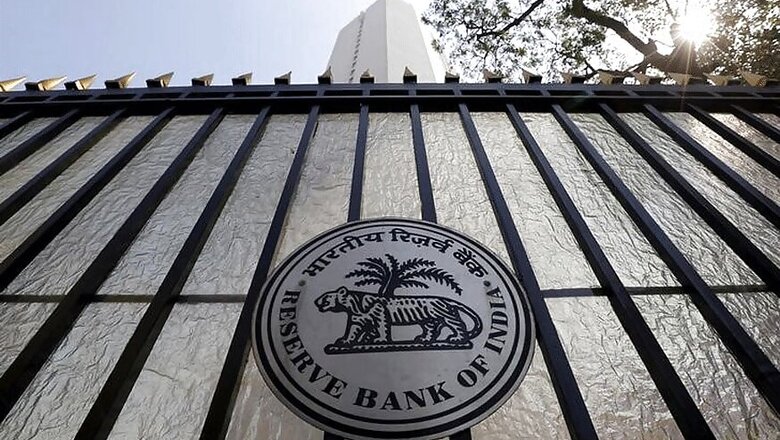
views
Mumbai: The Reserve Bank of India (RBI) said on Friday the country’s financial system remained “stable”, but warned its stress tests showed that a “severe” credit shock would likely impact the capital adequacy and profitability of a significant number of banks.
The assessment, contained in the RBI's semi-annual Financial Stability Report, comes as India's banking system struggles to deal with about Rs 9.64 trillion in soured loans, which is seen as choking the credit needed to boost economic growth.
The RBI said gross non-performing advances (GNPAs) ratio of banks - a measure of soured loans in the system - rose to 9.6 per cent in March 2017 from 9.2 per cent in September 2016.
The RBI added its stress tests indicated that under the baseline scenario, the GNPAs ratio could rise to 10.2 per cent by March 2018, potentially sending two banks below the minimum mandated capital to risk-weighted assets ratio (CRAR) of 9 percent.
The RBI warned, however, that under a severe macro test scenario, six banks could record CRAR below 9 per cent, dragging the banking sector's ratio to 11.2 percent by March 2018 from 13.3 percent a year earlier.
"A severe credit shock is likely to impact capital adequacy and profitability of a significant number of banks," the report said.
The RBI does not identify which banks would be impacted under its stress tests.
The latest financial stability report comes as the RBI, under additional powers granted to it by the government this year, has ordered banks to start bankruptcy proceedings against 12 of the country's largest defaulters in a bid to start reducing the amount of soured loans in the country.















Comments
0 comment